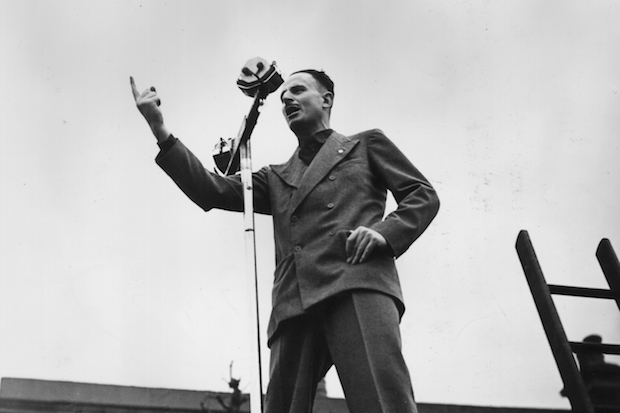In Reflections on the Revolution in France, Edmund Burke warned that ‘pure democracy’ was as dangerous as absolute monarchy. ‘Of this I am certain, that in a democracy the majority of the citizens is capable of exercising the most cruel oppressions upon the minority whenever strong divisions prevail,’ he wrote. He compared demagogues to ‘court favourites’ — gifted at exploiting the -insecurities of the powerful, whether the people or the monarch.
For Burke, the risk of democracies being captured by demagogues then degenerating into tyrannies was a good argument against universal suffrage. The multitude would always be susceptible to being swayed by feeling rather than reason; they could no more be trusted with absolute power than a king or a queen. The answer, he believed, was a mixture of democracy and aristocracy, the one acting as a counterweight to the other.
It’s a curiosity of Burke’s essay that in the 226 years since it was published, his pessimism has proved well-founded about almost every country that has embraced universal suffrage except Britain.

Get Britain's best politics newsletters
Register to get The Spectator's insight and opinion straight to your inbox. You can then read two free articles each week.
Already a subscriber? Log in








Comments
Join the debate for just $5 for 3 months
Be part of the conversation with other Spectator readers by getting your first three months for $5.
UNLOCK ACCESS Just $5 for 3 monthsAlready a subscriber? Log in